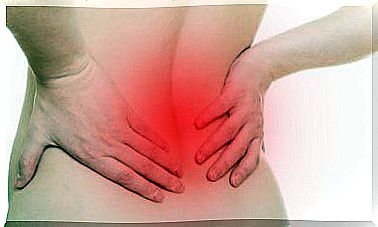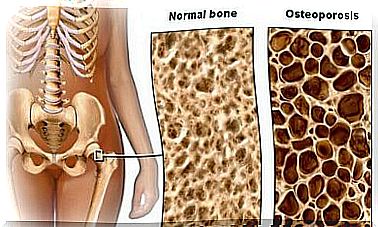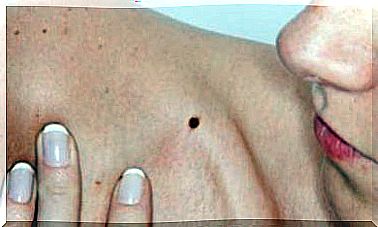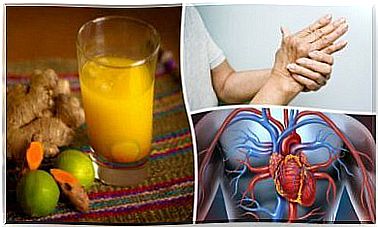Chronic Kidney Disease – Prevention
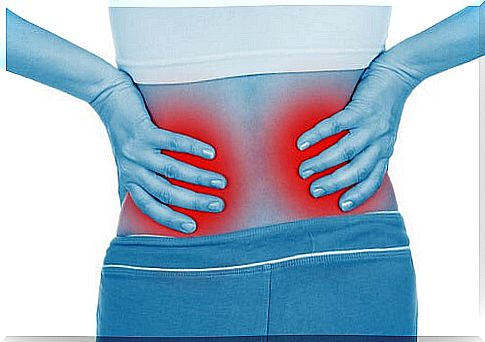
The kidneys have many important functions in our body – they remove toxic waste products from the blood and produce hormones that are responsible for controlling blood pressure, producing red blood cells, and maintaining healthy bones. For the sake of the kidneys, remember about a balanced diet, control of diabetes and high blood pressure, and regular medical examinations. These are the best ways to prevent chronic kidney disease.
In the next section, you will learn what constitutes chronic kidney disease, what are the risk factors for its occurrence and how to properly care for the health of your kidneys.
1. What is chronic kidney disease?
When the kidneys are affected by the disease, they gradually stop working properly. This process is usually irreversible. Remember, however, that if the disease is detected early, its development can often be stopped or slowed down.
2. Main risk factors
The main risk factors for developing chronic kidney disease are:
- Diabetes. It is the most common cause of chronic kidney disease. In people with diabetes who are not properly treated, the blood vessels of the kidneys become damaged, limiting the kidney function. If blood sugar is carefully controlled, the kidneys will not fail.
- High blood pressure. It is the second most common cause of chronic kidney disease. Maintaining normal blood pressure will help keep your kidneys in good condition.
- Cardiovascular diseases also have a negative effect on kidney function.
- Family history of the disease. Some people have a genetic predisposition to develop chronic kidney disease. If one of your close relatives has this disease, you should have regular check-ups.
- Sedentary lifestyle, smoking and obesity. An unhealthy lifestyle can adversely affect the proper functioning of the kidneys.
3. The initial stages of chronic kidney disease are asymptomatic
In the early stages of the disease, when kidney damage is minimal, no symptoms are present. Therefore, it is extremely important that we know the risk factors for developing this disease and have frequent check-ups. Once impaired kidney function will never return to its original state. However, if it is detected early, its progress can be stopped. Otherwise, chronic kidney disease develops and the patient requires dialysis and a kidney transplant.

4. How do you detect chronic kidney disease early?
By testing the blood (creatinine levels) and urine (testing the presence of protein in the urine), chronic kidney disease can be detected early. Ask your doctor to refer you for these tests. They should be performed regularly, depending on the potential risk factors of developing this disease.
5. Healthy Eating for the Kidneys
The following nutritional tips will help you keep your kidneys healthy for longer, especially if you’ve been diagnosed with chronic kidney disease.
- Don’t eat salt. Sodium raises your blood pressure, and that’s definitely not good for your kidneys. Cook without salt and avoid foods rich in sodium (cold cuts, canned food, powdered soups etc.)
- Avoid oils and fats. Instead of frying, choose other methods of preparing food: cooking, grilling, baking.
- Eat protein in moderation. Your doctor or dietitian will advise you to eat a certain amount of protein per day, and if you don’t want your chronic kidney disease to develop, you shouldn’t go over this limit.
- Drink a lot of water. Two liters a day will help keep your kidneys healthy, especially if you suffer from kidney stones or recurrent urinary tract infections.
In conclusion, if you are at risk of developing chronic kidney disease, consult your doctor and follow his recommendations – this will keep your kidneys healthy for longer.

